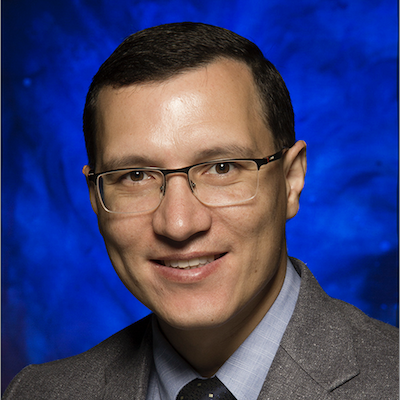
Damir Nizamutdinov
Dr. Damir Nizamutdinov, MD, PhD, is a Research Investigator and faculty member at the Baylor Research Institute, Baylor Scott & White Health (BSWH). He serves as Director of the Dementia Research Program and Associate Director of Neuro-Oncology Research at the Neuroscience Institute, where he leads multidisciplinary initiatives that integrate neurology, neuropsychology, and translational neuroscience.
One of the research focuses is the development of functional therapeutic protocols using transcranial near-infrared (tNIR) light stimulation for the treatment and management of symptoms in neurodegenerative and neuropsychiatric conditions. He has pioneered the use of repetitive 1070 nm tNIR light treatment, developing a protocol that is safe, reproducible, and therapeutic in patients with dementia without causing surrounding tissue damage or side effects.
Dr. Nizamutdinov has also demonstrated extensive expertise in neurocognitive and neurophysiological assessments, working with a diverse patient population. He delivers comprehensive neuroimaging and psychological assessment batteries, implements quantitative EEG (qEEG) for the objective measurement of cortical activity, and works with BSWH neurology and neuropsychology teams to refine data acquisition and analytical methodologies. This integrated training environment has enabled Dr. Nizamutdinov to master the application of tNIR light to specific areas of the brain and utilize qEEG-based analyses that support precision-guided non-invasive brain therapeutic modalities.
As an investigator on multi-site clinical studies, Dr. Nizamutdinov has established a strong record of coordinating activities at remote sites to ensure standardization, reproducibility, and data integrity across diverse institutions. His commitment to advancing quantitative biomarkers, protocol harmonization, and data-driven, circuit-targeted photoneuromodulation therapeutic strategies helps improve cognitive and functional outcomes, as well as promote stable recovery, in patients with neurodegenerative and neuropsychiatric conditions.

